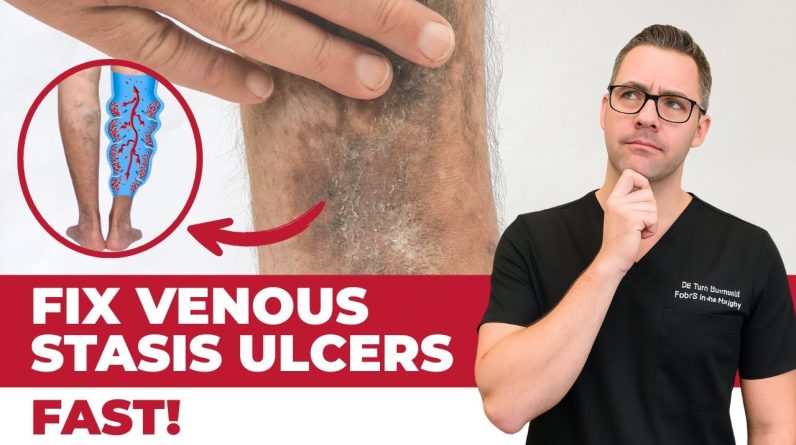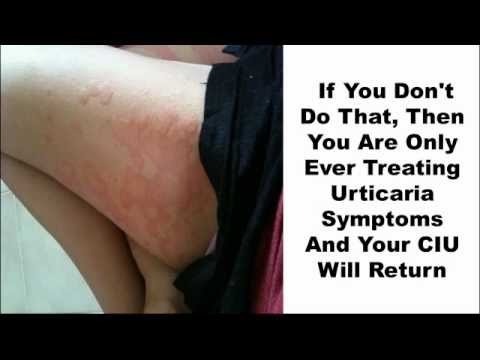.
Chapters
0:00 Introduction
0:28 Change on the Skin
1:16 Unusual Weight loss
1:36 Flatulence
2:08 Wounds that do not heal
2:45 Itchy or irritable skin
3:08 Tongue or mouth bumps
3:30 Changes in urination
1. A Lump beneath the skin that feels hard
• Lumps in breast tissue are often first discovered by women (and yes, sometimes men) who perform self-exams and feel their breast tissue regularly.
• Touching your own body and getting to know its usual feeling is a good way to be able to distinguish when you have a change in the tissue.
2. Change on the skin
• All the changes of the skin structure, warts, moles, or pigmentation are the signs of skin cancer.
• Melanomas are one of the common forms of skin cancer and have symptoms like spots on the skin with an unusual colors, sizes, and shapes.
• The changes of moles or warts should be noticed if they grow larger, grow hair, or change their color and shapes.
• This sign appears because it may be the consequence of declining the number of platelets in the body.
• Platelets help to prevent bleeding.
• If they decrease, it will be shown on the skin with discoloration.
• When these signs appear, it is best to visit a doctor for a healthy test.
3. Unusual weight loss
• Recently, you have not done exercises or go on a diet.
• But you still lost weight seriously, about 4 or 5 kg within one month.
• If any, you should be vigilant.
• It can be a sign of any cancer, for example, thyroid disease,
4. Flatulence:
• This is a sign which most women face with.
• It can be caused by indigestion or some things like that.
• However, if flatulence is unusual and not related to the menstrual cycle, you should pay attention.
• You can have flatulence and cannot wear your clothes or dress.
• It may happen suddenly and lengthen about 2 or more weeks.
• And flatulence may come with pain in the abdomen or pelvis.
• These signs can be symptoms of ovarian cancer.
• This disease is very difficult to discover in the first period of the disease.
5. Wounds that do not heal
• If you have a cut or other injury to the surface of your skin and it is taking a long time to heal, or you notice little progress, it is a sign that cancer may be growing in your body.
• Your immune system has to prioritize defense zones, and cancer takes priority for all available bodily resources way before your minor wound.
• Take excellent care to keep the wound clean and consider getting blood screening done just to be cautious.
• If you don’t see improvement after five days, call your doctor for guidance.
6. Itchy or irritable skin
• Cancer is treated like bacteria in the body by your immune system.
• Your white blood cells are mobilized to try to destroy it.
• Because of this, blood flow is increased in the area of cancerous growth, and the area may feel warm, appear red, change color, feel tight, or itch.
7. Tongue or mouth bumps
• Oral cancers account for approximately three percent, or 53,000 Americans, annually.
• According to the National Institutes of Health, lesions can occur on the tongue, gums, tissue inside the cheeks, under the tongue, and in the back of the mouth near the throat.
8. Changes in urination
• Similarly, to normal bowel functioning, your bladder function should be fairly regular. Watch for these things:
• Changes in the strength of your urine flow
• Urine color
• A strong, sour smell
• The presence of foam
• Blood in the urine
• If you see any of these signs, call your family physician.
• After an exam, they will either offer a diagnosis of a minor infection or refer you for additional testing for bladder or pancreatic cancer.
source








